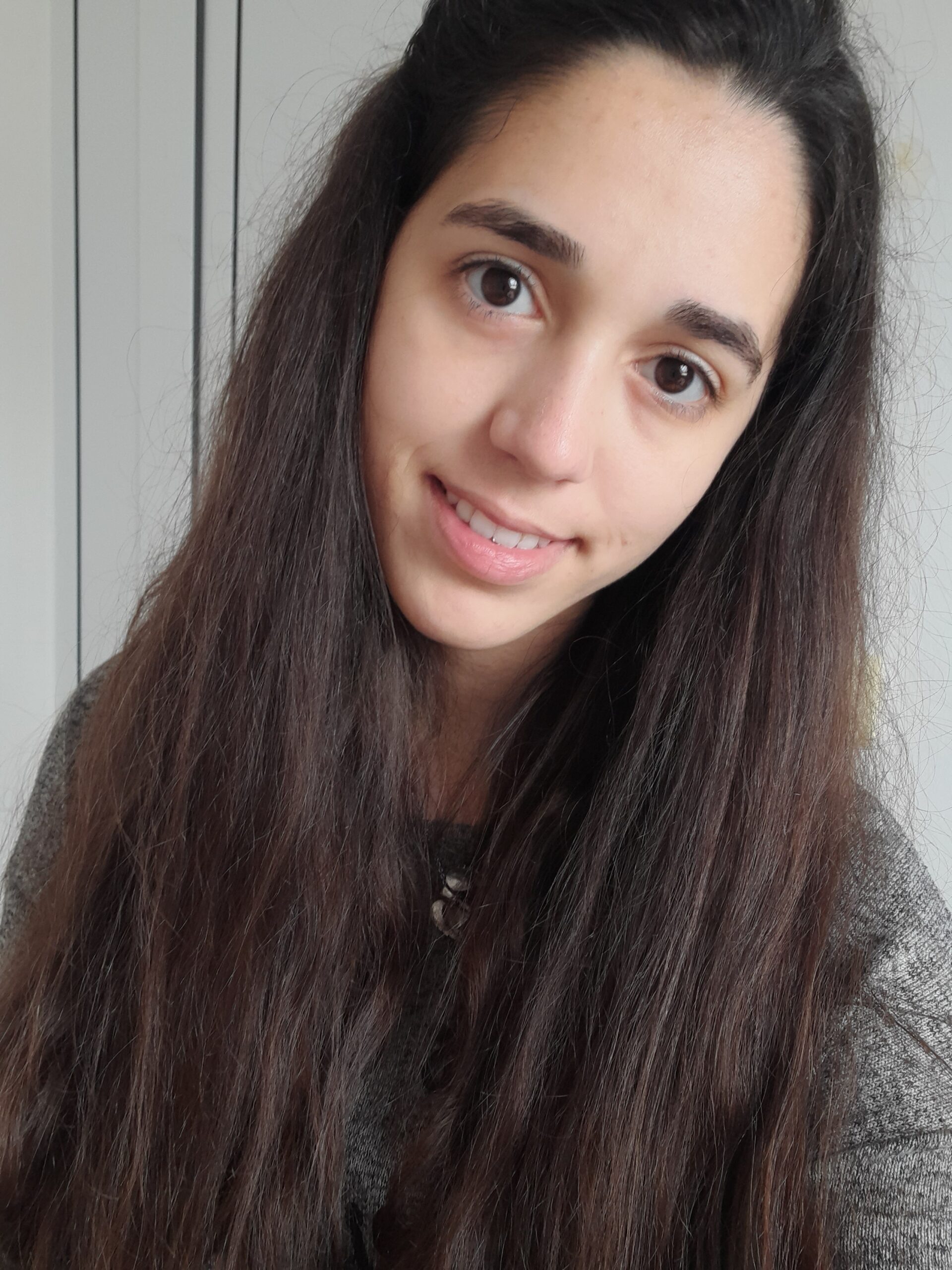
Civic education through the eyes of young people: Tsvetina Georgieva
Tsvetina is a student at the American University in Bulgaria, where she double majors in Journalism and Mass Communications as well as in Politics and International Relations. She actively takes part in projects of the civic sector.
Today, she shares with us her opinion on civic education as it is learned at high school in Bulgaria. For reference: officially, this subject became part of the curriculum some years ago, and it is studied in the last 2 years in high schools as an independent subject, but the textbooks were created 2-3 years ago.
Interviewer: Tsveti, what is civic education according to you?
Tsvetina: This is one of the few school subjects that meets you with the things in life the way they are. We, high-school and university students, are used to receiving a definite amount of information with which we please our “need for knowledge“ in order to pass the academic year and get the desired grades. We think that the numerous theories, definitions, and problems are the whole knowledge we can and have to acquire during our high-school years. However, it turns out that life is far more complicated and multi-layered. Civic education is one of the subjects which reveals the practical and actual side of life since it bumps us with different cases over which we should think and choose the right action.
Civic education develops key moments in every single student which help their building as personalities. Usually, this subject is taught in the upper classes, which allows the students to realize and understand more clearly the material taught to them; to be aware of what is happening around them; and to be able to make more adequate decisions. This is the subject which helps you develop not only yourself but to also help those around you. Civic education encourages thinking, initiative, the building of a position, and the activeness of the young people.
Interviewer: What should be done so that this subject becomes more useful for the students who will be in your place in the next couple of years?
Tsvetina: Definitely, the creation and implementation of a practical task should be encouraged and realized within the school subject. When I was learning civic education, our teacher gave us the task to create our own project and realize it within a month. The idea was to create an initiative with which we could help the local society. We had to build a plan, define the needed means, find sponsors, and, finally, have the project done. My team, for instance, created houses for books, in which everyone is free to leave and take different books. The aim was to encourage reading and distribution of literature as a unique means of information, knowledge, etc.
In my opinion, exactly the creation of such an initiative is one of the best ways the students to apply their knowledge and skills, work in a team, fight for their cause, achieve their goals, and improve themselves during the working process. These will allow them to see that there is a meaning in civic education and that their actions are meaningful to a broader circle of people. It is important that they see that not everything is written in textbooks. The best way to study is by facing problems, seeking solutions, and applying your skills in practice because life is not a textbook; in life, there are many lessons that we are not taught at school and that you can only learn by experience.

Tsvetina participated in the testing of the new module of our program F.I.R.E. (From Idea to Reality & Execution), in which the topic is Media Literacy, and looking at two sectors of life in particular: civil rights and health services and their online consumption.
You can find more about the project ACTIon– Promoting active citizenship through civic education and active online participation of youth role models on the website: https://www.erasmus-action.eu/
The project is financed by the European program: “Erasmus+”, Support for Policy Reform, KA3 Social Inclusion through Education, training and youth
Partners in the project:
- Nexus Institute for Cooperation Management and Interdisciplinary Research, Germany (coordinator)
- Foundation Healthcare and social development, Bulgaria
- Open Space Foundation, Bulgaria
- ALL DIGITAL, Belgium
- Action Synergy S.A., Greece
- Coalition of youth organizations, North Macedonia

